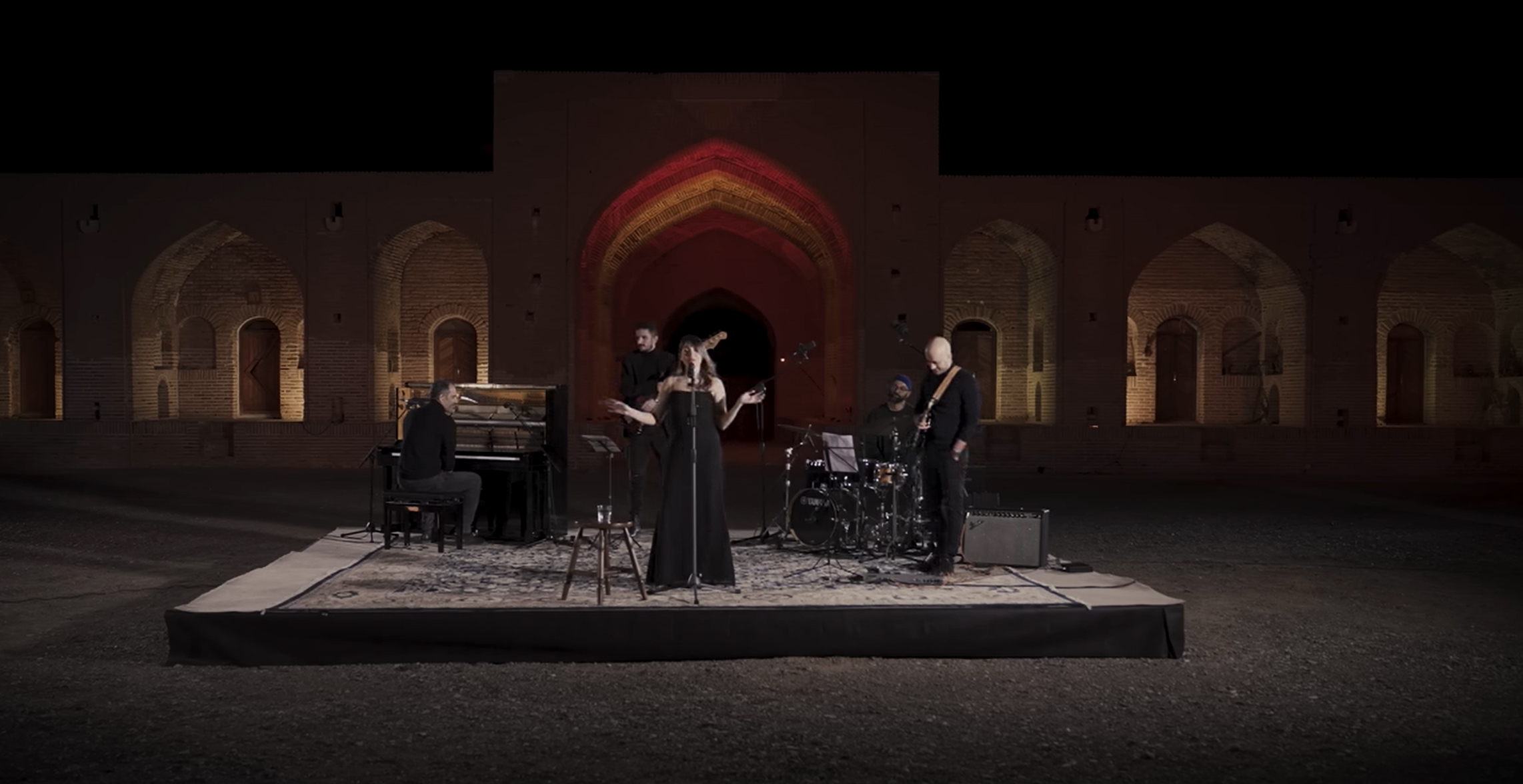 A Tunisian comic may have paid a high price for making fun of the country’s leader, writes Rohan Jayasekera
A Tunisian comic may have paid a high price for making fun of the country’s leader, writes Rohan Jayasekera
Index on Censorship is calling for the release of Tunisian comedian Hédi Ouled Baballah, who has been jailed on the basis of suspect evidence, apparently in punishment for mimicking the country’s president.
The trigger seems to have been a private recording (available here) of comedian Hédi Ouled Baballah’s satirical imitation of Tunisian president Zine el-Abidine Ben Ali that has spread across the country by mobile phone.
Index on Censorship, together with fellow members of the Tunisian Monitoring Group (TMG) of international free speech groups, believes that Ouled Baballah was targeted by police and framed for drugs and currency charges as punishment for the popular satire.
The TMG, a coalition of 18 members of the International Freedom of Expression Exchange (IFEX) network, is urging the Tunisian authorities to review the case.
It believes the Tunisian courts should reverse the drugs conviction on appeal and dismiss the currency charges on the grounds that there are serious and credible doubts about the alleged evidence presented to the court.
According to court reports, Ouled Baballah was stopped at a highway checkpoint on 14 January. A policeman confiscated his rented car and drove it to the police station. A few grams of cannabis were later allegedly “discovered” by police in the glove compartment. Ouled Baballah was blood tested for drugs while in custody at the police station and came up negative.
While he was in custody, police also searched his home, where they allegedly found yet more “evidence” – some counterfeit foreign currency, whose possession carries a maximum jail sentence of 20 years.
Ouled Baballah strongly denies all knowledge of both the drugs and the fake currency and maintains that the evidence was planted in both cases. He was jailed for a year and fined 1,000 dinars (800 USD) for possession of cannabis on 4 February. He is appealing the sentence, while still awaiting a verdict in the currency case.
His claims of a police conspiracy ring true, according to IFEX’s Tunisian member group, the Observatory for the Freedom of Press, Publishing and Creation in Tunisia (OLPEC).
In Tunisia dissidents are never charged for their political acts, but instead are falsely accused of “dishonourable” offences, says OLPEC. Recent victims of this tactic include human rights lawyer Mohamed Abbou, jailed for allegedly attacking a female colleague, and journalist Slim Boukhdhir, accused of breaking public morality laws.
This is the second time that Hédi Ouled Baballah has been persecuted for mimicking Ben Ali. After performing a similar sketch last year he was arrested and beaten up by police in the Bouchoucha detention centre between 9 and 11 March 2007.
“It looks like yet another trumped-up case against a person who has dared to speak against the president,” said Henderson Mullin of Index on Censorship, the current IFEX-TMG chair, in a statement on behalf of the group. “President Ben Ali obviously has as much of a sense of humour as he has a taste for democracy.”
The TMG calls for an immediate judicial review of the case and the circumstances surrounding the discovery of the alleged evidence. It believes that such a review would conclude that any conviction based on the alleged evidence would contravene internationally accepted legal standards and that Ouled Baballah should be freed pending appeal.
It also urges fellow performers — including French and Algerian comedians who took part in the recent Laughter Week comedy festival in Tunis, shortly before Ouled Baballah’s arrest — to step up in defence of his right to free expression and his right to satirise political powers.
The members of the IFEX-TMG: Arabic Network for Human Rights Information (HRINFO), Egypt; ARTICLE 19, United Kingdom; Canadian Journalists for Free Expression (CJFE), Canada; Cartoonists Rights Network International (CRNI), United States; Egyptian Organization for Human Rights (EOHR), Egypt; Index on Censorship, United Kingdom; International Federation of Journalists (IFJ), Belgium; International Federation of Library Associations and Institutions (IFLA), Netherlands; International Press Institute (IPI), Austria; International Publishers’ Association (IPA), Switzerland; Journaliste en danger (JED), Democratic Republic of Congo; Maharat Foundation, Lebanon; Media Institute of Southern Africa (MISA), Namibia; Norwegian PEN, Norway; World Association of Community Radio Broadcasters (AMARC), Canada; World Association of Newspapers (WAN), France; World Press Freedom Committee (WPFC), United States; Writers in Prison Committee of International PEN (WiPC), United Kingdom





